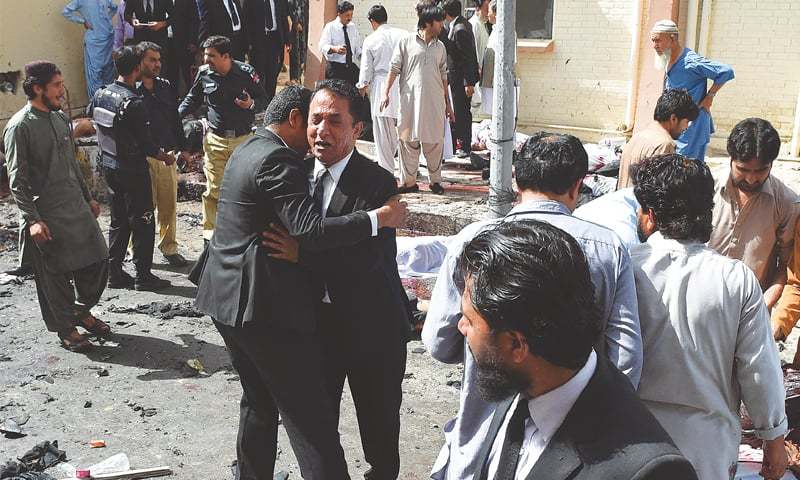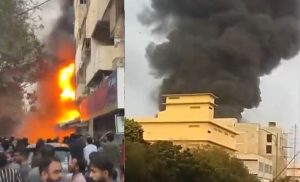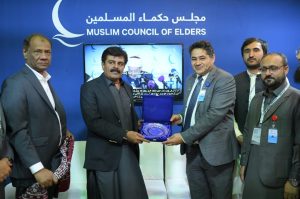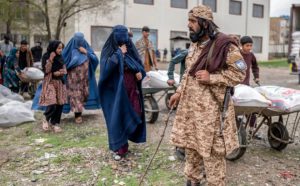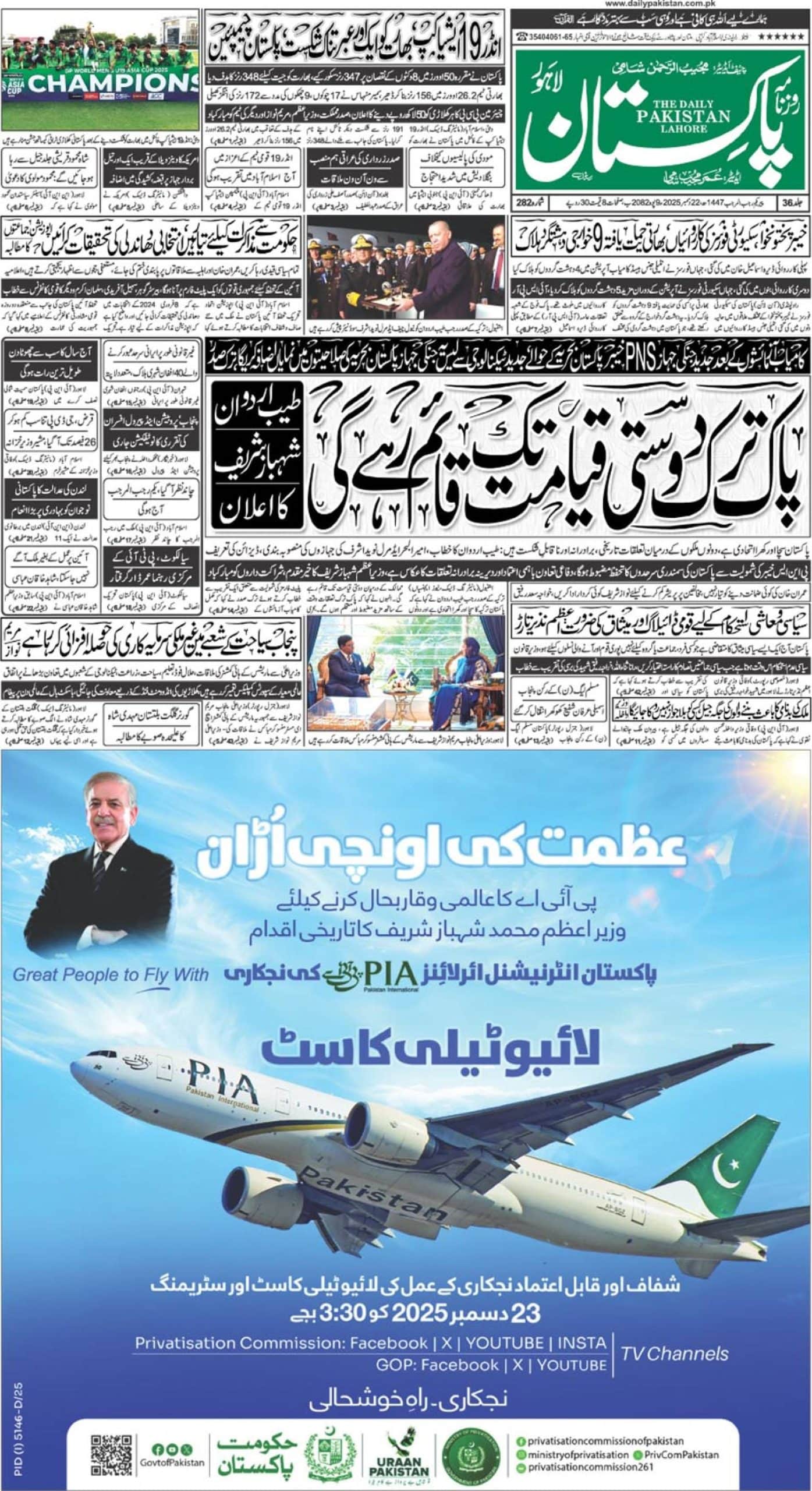ISLAMABAD – The report of judicial commission formed after the Quetta hospital carnage has revealed the failure of interior ministry to combat terrorism in the country especially in the purview of Quetta carnage.
A one-man judicial commission investigating the August 8 deadly terrorist attack in Quetta points out ‘monumental failure’ of the interior ministry to combat terrorism. It says the ‘irresponsible’ post-attack statements of Balochistan’s chief minister and home minister undermined the credibility of the provincial government.
“In these statements, fabricated leads were broadcast, disrupting the investigation and creating false expectations,” the report states.
The damning report, made public by the Supreme Court on Thursday, has been compiled by Justice Qazi Faez Isa of the Supreme Court. The judicial commission was tasked to investigate the deadly gun attack on Bilal Anwar Kasi, the president of Balochistan Bar Association, and the subsequent suicide bombing at Quetta’s Civil Hospital in which 70 people, mostly lawyers, were killed.
The commission worked for 56 days to examine concerned persons and obtain responses from all relevant ministries, departments and institutions. It has concluded that the gun and suicide attacks were inextricably linked and were carried out by the same group.
‘If the functionaries of the state had established a bank of forensic information on past attacks, and pursued the cases, they might have prevented the attacks of August 8; in this regard the 2012 Terrorism Case Judgment has still not been implemented,’ it says.
The report says the investigators think that there is some connection between the attackers and their handlers in Afghanistan. However, neither the gun attack on Kasi nor the subsequent attack by the suicide bomber could have been possible without local assistance and participation. “The suicide bomber was a Pakistani national and so too were a number of his accomplices.”
The report also exposed the inefficiency of home ministry staffers who allegedly served the ministers instead of masses..
‘The ministry’s National Security Internal Policy is not being implemented. The officers of the ministry appear more interested in serving the minister than the people of Pakistan’ it said.
The report also highlighted the role of interior ministry in combating terrorism along with its policy towards proscribing militant outfits.
‘Proscribed organisations continue their illegal activities and new terrorist organisations are proscribed after long delays. Some terrorist organisations have still not been proscribed or prosecuted, even when their statements acknowledging terrorist attacks are broadcast and printed.’ the report said.
It was also disclosed that the Balochistan Government contacted home ministry for proscribing Lashkar-e-Jhangvi Al Aalmi but the ministry did not respond.
The findings suggested that Interior minister Ch. Nisar Ali Khan paid a little head and called one meeting of the executive committee of the National Counter Terrorism Authority (Nacta) in over three-and-a-half years.
“He met the head of a banned organisation, widely reported in the media with his photograph, but still denied doing so. Accepted demands of the proscribed group regarding the CNICs, inexplicably delayed in proscribing terrorist organisations, and did not proscribe a well-known terror organisation,” it says.
The commission recommended that the Anti-Terrorism Act be enforced and terrorists and terror outfits must be proscribed without any delay.
‘They must not be permitted to hold meetings. Those claiming to be members of the proscribed organisations should be prosecuted in accordance with the ATA’ the report said.
It was also brought to light that appointments in government institutions are based on nepotism as at least four secretaries, including the secretary health department, who is brother of a retired Lt Gen and federal minister were hand picked.
The commission expressed concerns over the structure and working of National Action Plan.
“The National Action Plan should be made into a proper plan, with clear goals, a comprehensive monitoring mechanism, and periodic reviewing. It should also be translated into Urdu for wider dissemination and understanding,” it said.
The report emphasised the need for an effective border management system in order to root out terrorism.
The role of Ministry of Religious Affairs and Inter-Faith Harmony was also slammed as it did not play its due part for interfaith harmony and registration of seminaries.
The commission also shed light on the media coverage and observed that it was not focusing the victims of terrorism, instead it broadcasted propaganda of terrorists in flagrant contradiction with Section 11W of the ATA (Anti-Terrorism Act).
‘Abide by the laws: the Anti-Terrorism Act (“ATA”), Nacta Act, the Pakistan Penal Code, and above all the Constitution of Pakistan. It is an abomination to have laws, and not enforce them,’ said the report.

